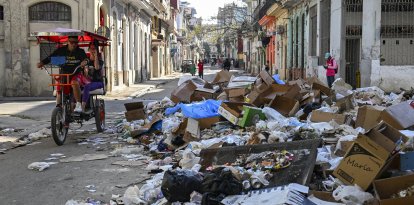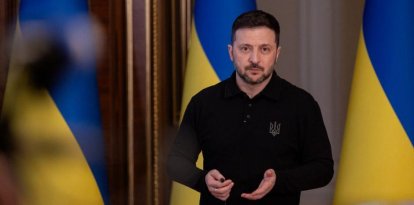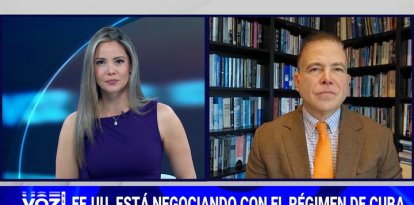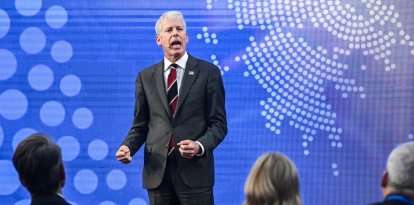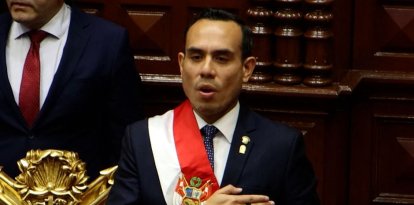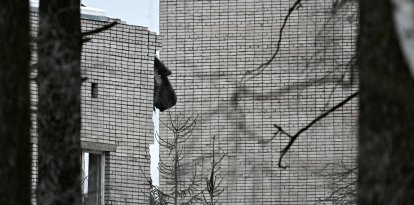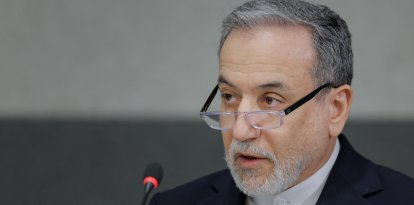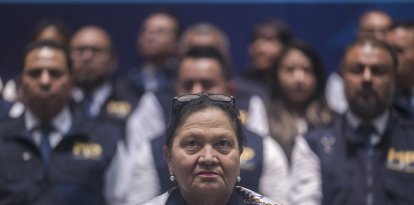Nicaragua's Parliament reforms the Constitution to give absolute power to Daniel Ortega
The dictator will now rule without any obstacles together with his wife, Rosario Murillo, who now holds the position of co-president of the nation.

Nicaraguan autocrat, Daniel Ortega, during a military holiday.
Nicaragua's Congress on Friday approved a constitutional reform that grants autocrat Daniel Ortega and his wife Rosario Murillo, as "co-president," absolute control over the powers of the state.
The National Assembly (legislature), controlled by the ruling Sandinista National Liberation Front (FSLN, left), "unanimously" approved the initiative presented by the president on Tuesday, parliamentary chief Gustavo Porras announced before the plenary.
The controversial reform extends the presidential term from five to six years, and confirms the power already held by Murillo by equaling that of Ortega, as it raises her rank from vice-president to co-president.
The text grants total power to the Executive as it establishes that the co-presidents will coordinate "the legislative, judicial, electoral, control and oversight, regional and municipal bodies," which the Constitution previously recognized as independent.
Ortega, a 79-year-old former guerrilla who ruled Nicaragua in the 1980s after the triumph of the Sandinista revolution, returned to power in 2007. Since then, his critics point out, he has installed a "dictatorship" and "nepotism" along with his wife, six years his junior.
"The reform formalizes the decision to guarantee the presidential succession of Murillo and his son Laureano Ortega," Manuel Orozco, a Nicaraguan analyst with the Inter-American Dialogue, told AFP, noting that the co-presidents will be able to name one of their children as vice-president, previously a popularly elected position.
Both radicalized their positions and increased control over Nicaraguan society after the 2018 protests, which left 320 dead according to the UN, considered by the government as a coup attempt sponsored by Washington.
Persecution of the press and the Church
The reform establishes that the State will "watch over" the press and the Church so that they do not respond to "foreign interests," and in the case of companies so that they do not apply sanctions such as those imposed by the United States on Nicaragua.
It also makes the withdrawal of Nicaraguan nationality from those considered "traitors to the homeland" official, as the government did with some 450 critics and opponents in recent years.
The reformed Constitution also creates a "Voluntary Police," made up of civilians, as an "auxiliary and support body" to the security forces, which refers to what happened in 2018.
During the protests, hooded and heavily armed men, which the government called the "people," intervened to fill the trenches set up by university students and control the demonstrators.
This reform "represents a new milestone in the consolidation of a totalitarian model that ruthlessly attacks democracy and fundamental rights," said Felix Maradiaga, former presidential candidate, exiled in the United States.
The initiative changes the Constitution of 1987, reformed a dozen times by Ortega's pro-Ortega deputies, including the one that established indefinite presidential reelection.













